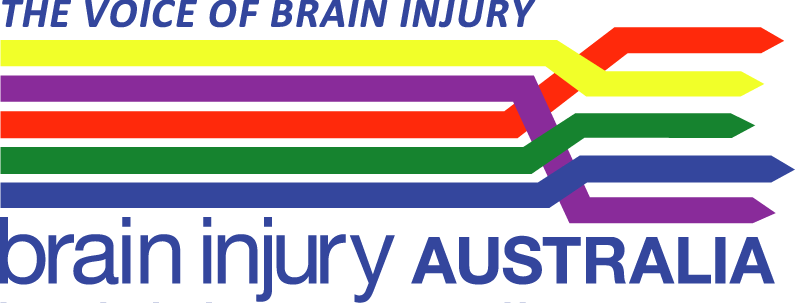- MODULE 1: Introduction to ABI
- Module Introduction
- Take the Pre-test
- a) A person’s abilities & life span
- b) What is ABI?
- c) Causes of ABI
- d) Incidence
- e) The brain
- f) Severity of ABI
- g) Cause to impact
- h) Rehabilitation
- i) Rehabilitation stages & pathways
- j) Common effects
- k) Impacts on life
- l) People with ABI
- m) Family and friends
- n) Key messages and
Tools to explore in Module 2 - o) Building skills
- Take the Post-test
o) Building knowledge and skills
Individual knowledge and skills
There are many roles in working with people with ABI including information and referral staff, support workers, program staff, case managers and managers.
All staff need:
a) An introduction to ABI (this module)
b) An introduction to appropriate ways of working with people with ABI (Module 2 Working with people with ABI
Staff with specific roles may need additional skills, for example:
- Information and referral staff - conversation skills & being open to the possibility a person may have an ABI
- Support workers - strategies for managing specific behaviours, communication skills, skills for building independence
- Program staff - strategies for managing specific behaviours
- Case managers - making case management appropriate for people with ABI and goal setting for people with ABI
- Managers - skills in identifying and managing the disillusionment process than can happen with support staff working with people with ABI.
There are online learning materials available for these and other topics. There are also self-study modules available on many topics for example building independence, communication, mobility, management.
Questions:
What knowledge and skills do I need for my role?
What are the learning opportunities available for me to gain this knowledge and skills?
Building knowledge and skills in the workplace
While staff have some individual responsibility for building their own knowledge and skills, workplaces are also responsible and needs processes and systems in place for example:
- Staff meetings
- Staff development forums
- Supervision
- Participation in interagency meetings
- Training workshops
Questions:
How can we embed relevant knowledge and skills in our workplace?
What processes and systems need to change to more appropriately provide services to people with ABI?
The web site www.TBIStaffTraining.info has further e-learning materials.
The resources on this site have been designed to be used by people with TBI. They are also relevant for working with most people with ABIs.
There are Self-study modules and Toolkits
1 An Introduction to Traumatic Brain Injury
2: Communication
3: Promoting skills for independence
4: Understanding and managing cognitive changes following an TBI
5: Understanding and managing behaviour Changes following an TBI
6: Sexuality after an TBI : issues and strategies
7. Case management
9. Mobility
10. Mental health & TBI: an introduction
11. Mental health problems and TBI: diagnosis & management
12. Working with Families after Traumatic Injury: An Introduction
TOOLKITS
A. The Next Step: Transition from Children's Services to the Adult World
B. Working Together Promoting Independence
C: Smart Phones
D. Return to Work
Managing Risk providing attendant care
This website provides guidance on key considerations when delivering support.
Support Workers provide assistance for people with disabilities to perform tasks they would normally be doing for themselves. Managing Risk This site is about managing risk in providing attendant care to achieve Support Worker and Participant health and safety.

